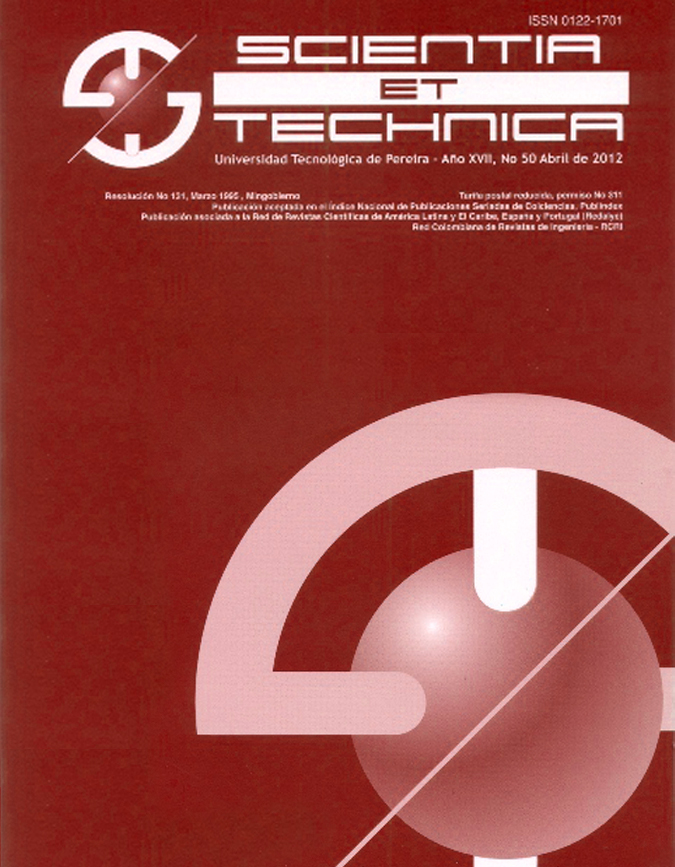Líneas de Productos Software: Generando Código a Partir de Modelos y Patrones
DOI:
https://doi.org/10.22517/23447214.9131Keywords:
LSP, Arquitectura Dirigida por Modelos, MDA, MDD, Patrones de Diseño, Generadores, Usabilidad, Bases de Datos Transaccionales.Abstract
La Reutilización contribuye al desarrollo de herramientas de software con un alto potencial de flexibilidad, permitiendo el uso de componentes en diversos desarrollos, extendiendo las capacidades, mejoras y funcionalidades del software. Un nuevo paradigma de desarrollo denominado “Líneas de Producto Software”, es una tendencia cada vez más utilizada por diseñadores por cuanto permiten el desarrollo de diversos modelos o sistemas software los cuales comparten entre sí características a partir de un núcleo común altamente Reutilizable. Este Artículo es el resultado de una propuesta de diseño de un prototipo para generación de código automatizado a partir de modelos MDA y la implementación de Patrones de diseño como MVC, presentes en la mayoría de generadores de código de tipo comercial y otras herramientas GNU, las cuales transforman códigos para sistemas Transaccionales CRUD en plataformas como JSP, ASP, PHP, Ruby, etc; para entornos Web. El uso del prototipo se planteó a partir de un Lenguaje común, pero su implementación puede extenderse a otros lenguajes o especificaciones debido a su alto grado de Usabilidad y Fiabilidad.Downloads
Downloads
-
Vistas(Views): 1283
- PDF (Español (España)) Descargas(Downloads): 1131
Published
How to Cite
Issue
Section
License
Copyrights
The journal is free open access. The papers are published under the Creative Commons Attribution / Attribution-NonCommercial-NoDerivatives 4.0 International - CC BY-NC-ND 4.0 license. For this reason, the author or authors of a manuscript accepted for publication will yield all the economic rights to the Universidad Tecnológica of Pereira free of charge, taking into account the following:
In the event that the submitted manuscript is accepted for publication, the authors must grant permission to the journal, in unlimited time, to reproduce, to edit, distribute, exhibit and publish anywhere, either by means printed, electronic, databases, repositories, optical discs, Internet or any other required medium. In all cases, the journal preserves the obligation to respect, the moral rights of the authors, contained in article 30 of Law 23 of 1982 of the Government Colombian.
The transferors using ASSIGNMENT OF PATRIMONIAL RIGHTS letter declare that all the material that is part of the article is entirely free of copyright. Therefore, the authors are responsible for any litigation or related claim to intellectual property rights. They exonerate of all responsibility to the Universidad Tecnológica of Pereira (publishing entity) and the Scientia et Technica journal. Likewise, the authors accept that the work presented will be distributed in free open access, safeguarding copyright under the Creative Commons Attribution / Recognition-NonCommercial-NoDerivatives 4.0 International - https://creativecommons.org/licenses/by-nc-nd/4.0/deed.es license.



